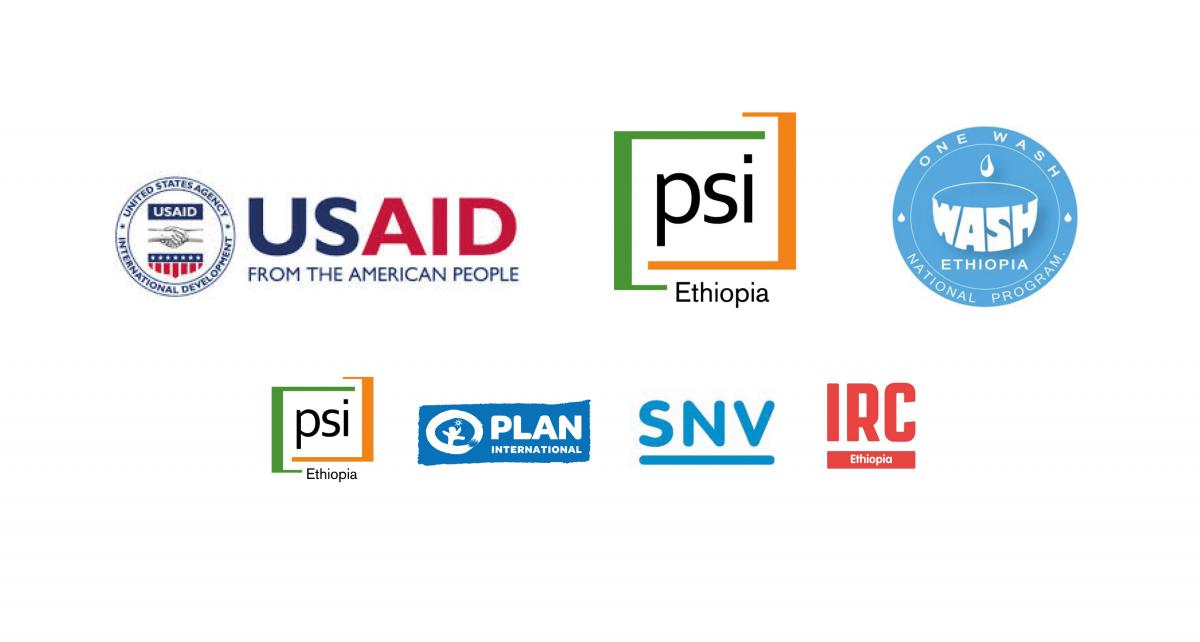
Those of you who have been paying attention will recall that my first blog-post promised a story about certification for WASH products! At long last, here it is.
Published on: 17/04/2019
The World Health Organization's Scheme to Evaluate Household Water Treatment Technologies offers manufacturers a way to gain certification for their devices and simplifies 'due diligence' for governments and NGOs seeking to avoid poor technologies. The scheme, now completing it's second round, will soon release performance data for a wide variety of technologies including SPOUTS, Nazava and Tulip water filters.
Ethiopia has been one of the countries proactive in integrating this certification of household water treatment (HWT) products into existing mandates and government bodies as WHO's Dr. Batsi Majuru explained back in 2016.
So we at MINCHfilter were pretty excited in 2017 to see Ethiopia's own regulation guidelines issued by the Food and Medicine Health Care Administration and Control Authority (EFMHACA). Like the WHO guideline, it classifies HWT products into 3*, 2*, 1* or 'fail' based on the technology's removal efficiency for three pathogen classes – virus, bacteria, and protozoa.

We had already had our products formally tested in Ethiopia and jumped at the chance to have them certified. In April 2018 we submitted the portfolio of the requested documents:
• Test reports confirming 99.9% bacteria removal, performed by the Ethiopian Conformity Assessment Enterprise (ECAE) microbiology lab
• Reports from a one-year field trial supervised by the Centre for Affordable Water and Sanitation Technology (CAWST) in Canada in partnership with Ethiopian Kale Heywet Church (EKHC)
• Full documentation of the manufacturing process
• Product leaflets, and user instructions in Somali, Oromo, Amharic and English
Now some of my particularly sharp readers will raise questions like "Why EFMHACA? Is a water filtration device a Food or a Medicine?" or "Doesn't the Ministry of Water deal with water testing?". These are good questions but let's accept that those are the systems and frameworks in place in Ethiopia.
The terrain is new and we were pioneers taking advantage of a somewhat new and potentially incomplete system. The expectation was for progress to be bumpy and slow. However, more recently there are a couple of factors that have all but bogged down the process altogether. This will presumably affect any manufacturer wanting to certify a HWT product in Ethiopia in line with the WHO scheme. It also may affect multiple countries in the process of implementing a localised certification scheme.
Those three knockout punches for local manufacturers of HWT products are:
• EFMHACA (the certifying body) doesn't have it's own laboratory to conduct microbial efficiency of HWT technologies as per the WHO guideline protocols.
• Test results for HWT technologies from capable laboratories (like ECAE) are currently not accepted by EFMHACA as part of the certification process (although ECAE microbiology tests are accepted as part of the certification process for bottled water products).
• EFMHACA currently requests manufacturers themselves to provide evidence of virus and/or protozoa testing while also acknowledging the impossibility of gaining these in Ethiopia.
(Note that this mainly affects local manufacturers of HWT technologies. It appears that those importing foreign products are facing less (or at least different) challenges. Thankfully, the authorities aren't restricting the import of products which don't have WHO certification.)

There are encouraging signs that challenges to a fully functioning HWT certification process may be resolved by agreement and collaboration between ministries in Ethiopia. In addition, the latest WHO guidelines relax the need for testing protozoa for filters that work by "size exclusion". Understanding this, and integrating it with the Ethiopian process will immediately and radically affect the feasibility of local testing. However, it still requires the certifying body to accept in-country microbiological tests for bacteria removal.
A frustrated philanthropist knowing the daily death rate among under 5s from dirty water might ask, "Wouldn't it be better to accelerate products onto the market that at least demonstrate really good bacteria removal rather than stalling for virus and protozoa removal to be proven as well?."
Voltaire puts it succinctly. " Le meglio è l'inimico del bene" [The best is the enemy of the good]
I would suggest the need to develop standards for 'the best' while we utilise the 'good' that we have to hand. A few readers may agree too. It's possible that there may arise an 'interim' solution in Ethiopia that bridges the gap between 'good' and 'best' and serves communities with effective health products while we figure it out.
But for now, an integrated certification processes for HWT technologies still remains elusive in countries like Ethiopia. Currently, the only way for manufacturers to gain local certification is to physically submit products to Europe to be included under the international WHO scheme. Round 3 starts in May 2019 with certification announcements typically arriving 9-12 months later.
This is an ongoing series of blogs and publications by IRC under the USAID Transform WASH project. Please click here for all IRC’s work on this project.
USAID TRANSFORM WASH sets out to improve water, sanitation and hygiene (WASH) outcomes in Ethiopia by increasing access to and sustained use of a wide spectrum of affordable WASH products and services, with a focus on sanitation. It does so by transforming the market for low-cost, high quality WASH products and services: stimulating demand at community level, strengthening supply chains, and building the enabling environment for a vibrant private market.
USAID TRANSFORM WASH is a USAID-funded project implemented by PSI in collaboration with SNV, Plan International, and IRC. The consortium is working closely with government agencies including the Ministry of Health, the Ministry of Water, Irrigation and Electricity, the National WASH Coordination Office and regional governments.

At IRC we have strong opinions and we value honest and frank discussion, so you won't be surprised to hear that not all the opinions on this site represent our official policy.